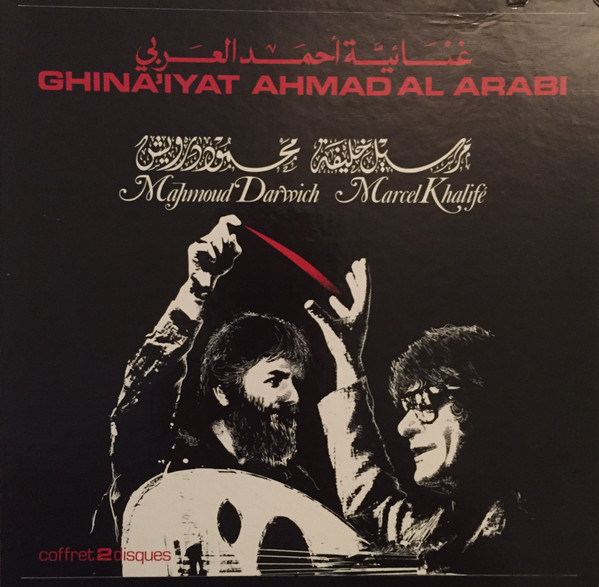This talk examines these issues and the role of the political songs’ symbolism in the production of national and gender identity. It argues that songs have an emotional and aesthetic dimension, which impacts us differently from literature, poetry and politics. They connect the private to the public and stimulate nostalgic and idealistic imaginaries. They contribute to the formation of musical taste and popular culture, inspire resistance and mobilize people. They also enable people to re-imagine their past or deconstruct it. Therefore, this talk addresses Mahmoud Darwish's sung poems as an integral part of creating an identity for many Lebanese during the seventies and eighties. It probes their emergence and the images they disseminated. It then follows the changes that occurred in the Lebanese popular culture, which led to rejecting these songs today.
Diana Abbani is a EUME fellow of the Fritz Thyssen Foundation at the Forum Transregionale Studien. She holds a PhD in Arabic studies from Sorbonne University. Her research interests focus on history, popular culture, subject formation and gender issues in Beirut and Bilad al-Sham during the first half of the twentieth century. She has published on Beirut’s popular and material culture, the implications of social, political and technological changes, as well as the emergence of music industries and entertainment in Beirut. She is currently preparing a book which focuses on alternative narratives in Beirut’s musical scene, uncovering the forgotten stories of people who were affected by sound transitions and revisiting the experiences of those marginalized by official narratives.
Rasha Chatta is an Associate Researcher of the Einstein Foundation at the Freie Universität Berlin where she is completing a monograph titled Sketching Migration in Arab Comics: War Narratives, Conflicted Memory, and Gender. She was previously awarded postdoctoral fellowships at EUME- Forum Transregionale Studien and at the Merian Centre for Advanced Studies in the Maghreb (University of Tunis & Philipps-Universität Marburg). Rasha holds a PhD in Cultural, Literary, and Postcolonial Studies from SOAS, University of London. She has published on contemporary Arab migrant narratives, war literature, visual archives, and Arab comics. Her latest article ‘Reclaiming Spaces from the Streets to the Gutter: Sketching Feminisms in Contemporary Arab Graphic Narratives’ has appeared in the journal MAI: Feminism & Visual Culture.

